.jpg)
Leak Detection: Detecting Leaks in Fuel Storage Tanks
Fuel storage tanks play a vital role in various industries, including oil and gas, transportation, and manufacturing. As these tanks contain highly flammable substances, leaks can have severe consequences such as environmental damage, explosions, and fires. Therefore, it is essential to have effective leak detection systems and protocols in place to ensure safety and prevent potential hazards.
In this comprehensive guide, we will explore different aspects of detecting leaks in fuel storage tanks. We will discuss various methods, tools, and services available for leak detection, emphasizing the importance of proactive measures and early detection. We will also provide valuable insights into the industry standards, regulations, and best practices to maintain a safe working environment.
.jpg)
1. Importance of Leak Detection in Fuel Storage Tanks:
– Environmental Protection: Detecting leaks promptly minimizes the risk of fuel contamination in soil, water bodies, and the surrounding environment.
– Safety: Leaks can lead to explosions and fires, posing serious threats to personnel, property, and infrastructure.
– Compliance: Regulatory bodies mandate the implementation of leak detection systems to ensure compliance with environmental and safety regulations.
– Cost Savings: Early leak detection helps prevent significant damage, reduces maintenance costs, and minimizes downtime for repairs.
2. Common Methods for Leak Detection in Fuel Storage Tanks:
a. Visual Inspection: Regular visual inspections of tanks and associated equipment can help detect obvious signs of leakage such as stains, corrosion, or damaged components.
b. Automatic Tank Gauging (ATG): ATG systems monitor fuel levels, temperature, and water presence in tanks, triggering alerts when anomalies are detected.
c. Pressure Monitoring: Pressure sensors installed at various points in the tank system can detect changes in pressure, indicating leaks or other issues.
d. Ultrasonic Testing: Ultrasonic techniques use sound waves to detect leaks by analyzing changes in frequencies caused by escaping fluids.
e. Groundwater Monitoring: Installing monitoring wells around storage tanks helps detect leaks by measuring the quality and level of groundwater.
f. Soil Vapor Surveys: Vapor analyzers detect volatile organic compounds (VOCs) emitted from the soil around tanks, indicating potential leaks.
g. Electronic Leak Detection (ELD): ELD systems use sensors and conductive liquids to detect leaks in tank liners or secondary containment systems.
3. Professional Leak Detection Services:
– Certified professionals equipped with advanced tools and technology can conduct comprehensive leak detection inspections and analysis.
– Technicians may use methods such as thermal imaging, tracer gas testing, or dye tests to identify leaks accurately.
– Leak detection services may also include repair and maintenance solutions to ensure the integrity of fuel storage tanks.
4. Industry Standards and Regulations:
– Various industry standards, such as the API 653 (American Petroleum Institute) and EPA (Environmental Protection Agency) regulations, guide leak detection and prevention practices.
– Companies involved in fuel storage must adhere to these standards to ensure the safety of their operations and avoid penalties.
5. Proactive Leak Detection and Maintenance:
– Regular inspection and maintenance schedules are crucial for identifying and addressing potential leaks before they become severe.
– Implementing preventive measures such as proper tank maintenance, corrosion protection, and structural integrity checks can minimize the risk of leaks.
.jpeg)
6. FAQs about Leak Detection in Fuel Storage Tanks:
Why is leak detection important in fuel storage tanks?
What methods are commonly used for leak detection in fuel storage tanks?
How can professional leak detection services help?
By understanding the importance of leak detection in fuel storage tanks and implementing appropriate measures, companies can minimize the risks associated with leaks, protect the environment, and ensure the safety of personnel and assets. Utilizing advanced technology, professional services, and proactive maintenance practices is key to preventing costly incidents and maintaining compliance with industry regulations.



